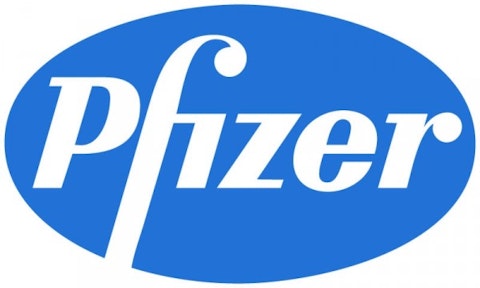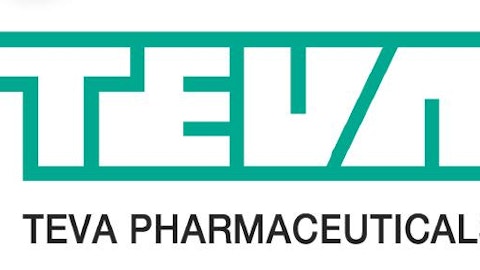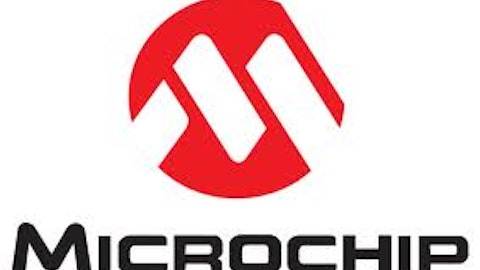Here at The Motley Fool, we believe the best way to invest and maximize returns is by buying strong companies and owning them for a long time. For even the newest investor, finding a company that has a strong balance sheet and is selling a hot product or service is a rather easy task. Anyone can quickly jump on the newest trend– from 3D Systems Corporation (NYSE:DDD) to Linkedin Corporation (NYSE:LNKD) — but that’s only half the battle when it comes to long-term investing.
If you’re going to buy a stock and hold it for the long term, first you need to figure out if it’s going to be around for the long term and determine whether its future performance possibilities merit making the purchase today. One way to do that is to assess how strong of a competitive advantage a company holds, because when that advantage no longer exists and the competition is circling, it’s only a matter of time until returns decline and the stock consistently underperforms the market.

This past week, the Dow Jones Industrial Average‘s worst-performing component was Pfizer Inc. (NYSE:PFE) which lost 2.71% of its value. The week before that, Merck & Co., Inc. (NYSE:MRK) was the worst on the index, falling 4.78% after reporting in its quarterly earnings that profits fell by 7%, largely at the hands of strong competition from generics. Merck’s management also informed investors that it won’t seek FDA approval for a osteoporosis drug in 2013, as was previously expected, but will instead target 2014.
In November, Pfizer also pointed to generic competition as it reported a crushing 14% drop in quarterly profits. Pfizer lost its patent protection on the best-selling drug of all time, the blockbuster Lipitor, in all major countries and saw sales drop 87% in the U.S. and 71% worldwide. Since Lipitor was released, Pfizer’s total net income from that single drug has been $131 billion, but in the November earnings release, sales of Lipitor amounted to only $749 million.
In the world of Big Pharma, patents are the only real competitive advantage anyone has, and that advantage is sustainable only in the short term. Once the patent expires, the generic feeding frenzy begins. In his list of 50 Jaw-Dropping Pharmaceutical, Biotech, and Life Science Statistics, Foolish colleague Sean Williams noted that of the 12,571 FDA-approved drugs, 79% have a generic version. The only thing generic manufacturers have to do is wait for patents to expire. Generic-drug manufactures such as Teva Pharmaceutical Industries Ltd (NYSE:TEVA) and Mylan Inc. (NASDAQ:MYL) are therefore positioned to realize solid returns for investors while providing less risk and volatility.





